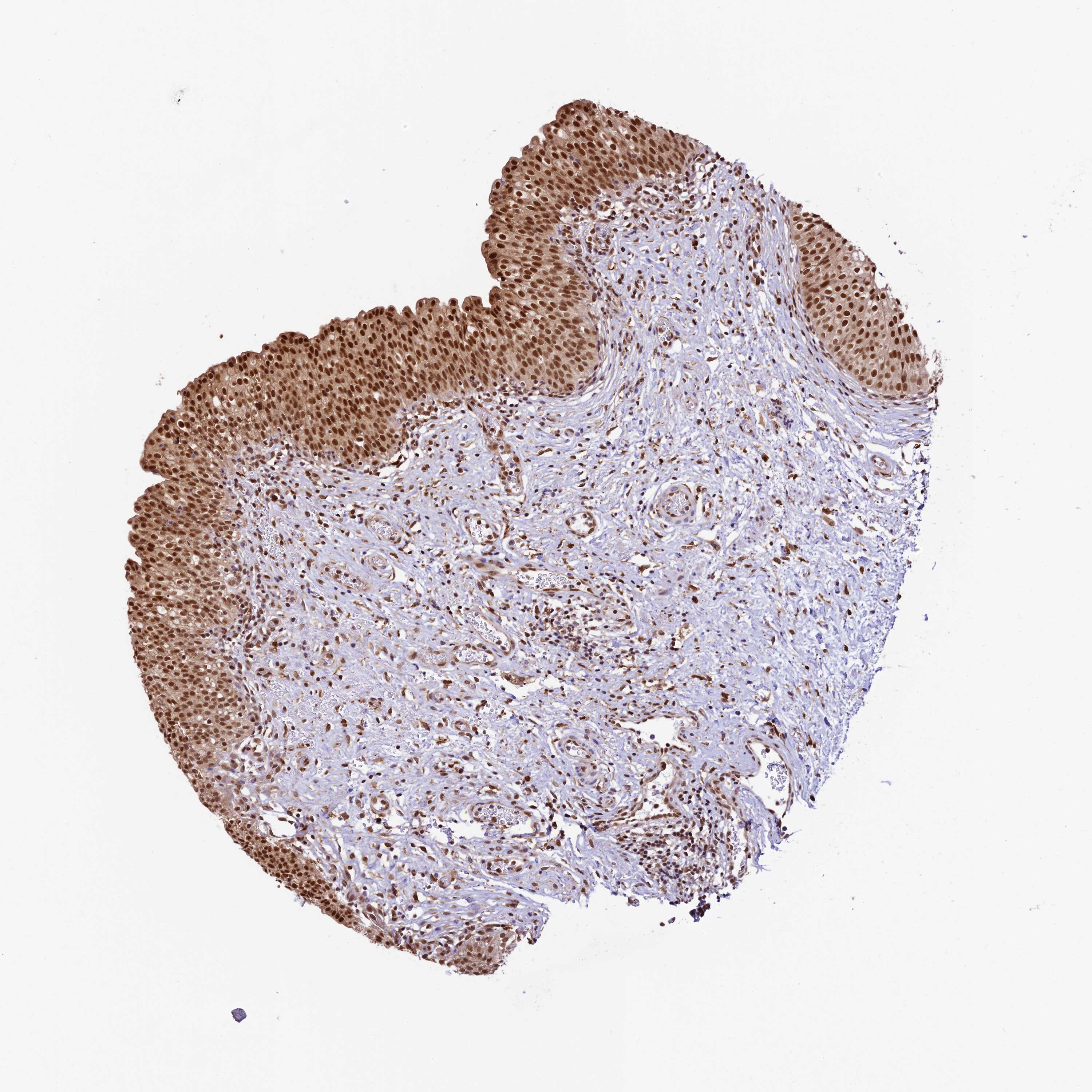
If you notice cloudy urine or sediment in your urine, stay hydrated, drink fluids, and call your doctor. When pregnant, it’s important not to let a UTI go untreated. It could also be a sign of dehydration or a UTI. PregnancyĬloudy urine during pregnancy can sometimes be a result of hormones. Yeast is often found in the vaginal area, but if there’s too much, it can cause an infection. Another name for the infection is candidiasis.

Dehydration occurs when you’re losing more fluid than you’re taking in. Small stones might pass without any intervention, but larger bladder stones might require surgery.ĭehydration can cause a whole host of problems, including urinary complications. This usually occurs when your bladder doesn’t empty completely and the remaining urine develops crystals.

The term itself simply means having blood in your urine. Hematuria is a common cause of sediment in your urine. Ketones, which are a byproduct of this process, can be released in your urine and appear as sediment. It can also cause glucose to show up in your urine as sediment.ĭiabetes affects how you metabolize fat. You’re more likely to experience acute cystitis if you have:ĭiabetes can cause sediment in your urine due to kidney problems that may be a complication of the condition.

This condition is often caused by a bacterial infection and can cause cloudy urine or blood and other debris in your urine. Acute cystitisĪcute cystitis, sometimes referred to as a urinary tract infection (UTI), is a sudden inflammation of your bladder. It’s important to find out the underlying cause so it can be treated appropriately. There are a number of conditions that can cause sediment in your urine.


 0 kommentar(er)
0 kommentar(er)
